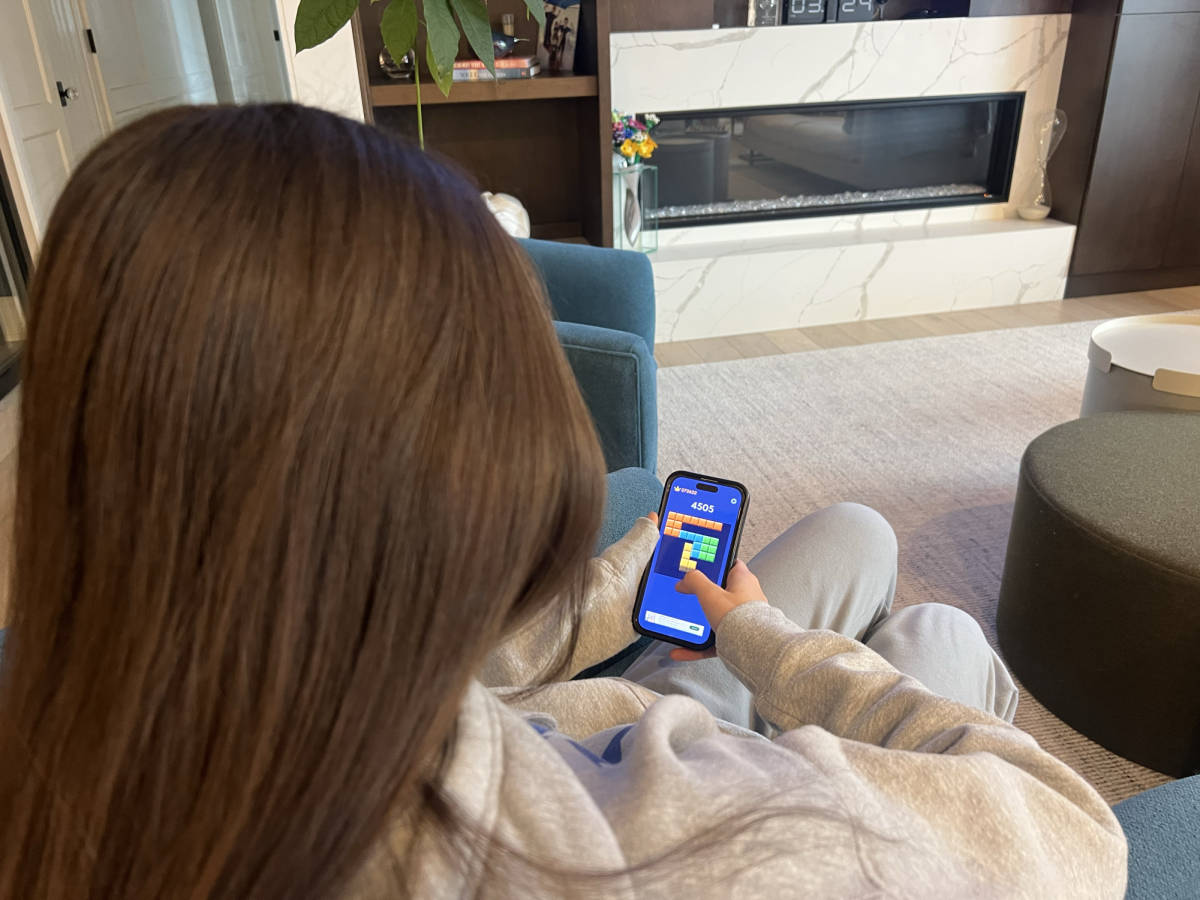Paige Hosbein A century-old pillar of the school system is under fire as progressive educators look to modernize student assessment. The ubiquitous one-page, two-dimensional high school transcript lined with A–F letter grades may one day be a relic of the past. Confirmed by Mr. Greer, a letter-grade free transcript is likely to be in store for Latin’s future. Although the current high schoolers will not be here to experience the change, younger siblings of current students may be in some of the first classes that test it out. So, what prompts conversations surrounding the abandonment of traditional letter grades? One common argument against letter grade-based assessments is that they are out of step with the needs of the 21st-century workplace and society, with the workplace’s emphasis on difficult-to-measure skills such as creativity, problem solving, persistence, and collaboration. Overall, grades often grossly oversimplify students’ academic aptitude. As Ms. Pleshette—a college counselor and major proponent of this goal—highlighted, “An “A” does not tell the whole story of that student’s experience in the class; it does not tell you what concepts were stickier for that student, what type of learner they are, their interests, and areas they particularly excelled in. Obtaining an “A” for one student may look drastically different for another.” This system would also benefit teachers. The understandably aggressive pursuit of perfect grades by students undermines the learning process and can wear on even the best faculty members. Teachers could subsequently avoid frustrating conversations about grades with students and instead focus on moving everyone toward mastery. And finally, what would this new transcript look like? Mr. Greer provided thoughtful insights into the objectives of this potential change. Latin prides itself on being a founding member of the Mastery Transcript Consortium. The member schools and other stakeholders are working to codesign a new digital transcript that reflects the unique skills, strengths, and passions of each learner. As of now, we visualize there being five to seven skills that we hope a quintessential Latin graduate exhibits. An early prototype of the transcript that some schools are using represents how often and in how many ways a student demonstrates competency in each area in bubbles positioned at the top of the page. The transcript is designed to be digested in the same amount of time as it takes to read current academic documents. In addition to the more concrete areas, such as STEM, we hope to represent more nuanced skills, such as creativity and leadership. The goal is to capture the student from multiple angles—not just in the classroom, but also on the golf course, the yearbook club, or other co-curricular experiences. And of course, like with any major change at Latin, we want students to be a significant part of the conversation to what these skills will be, constantly keeping the process transparent and student-focused. We are especially excited about this transcript because we hope it will be interactive and highlight students’ passions more. For instance, if you scored high in the creativity skill, the student could also include a link to a portfolio of creative stories they’ve written. The transcript will tell such a deeper story of the whole student. Ms. Pleshette also noted, “Although we are still far from achieving the nirvana of no grades, we are marching towards it. The administration is constantly holding our feet to the fire, challenging ourselves to improve the teaching and learning environment, the feedback mechanisms, and stress management. We notice seniors’ anxiety skyrockets during the first quarter, stressing over the few assessments colleges see rather than enjoying learning for what it is. These, and the other aforementioned issues, are topics we hope to address with the new transcript, which is not rooted in rigid metrics based on one-day performances, but rather in holistic evaluations of developed skill sets.” Junior Georgia Seoules said, “The new transcript would open the opportunity to capture a more detailed picture of the whole student; however, it will be a lengthy process of training a new generation to worry less about quantifiable measures of success, such as a grade on a test, and focus more on strengthening skill sets.” This change also begs the question, how would college admissions evaluate students’ academic performance without grades, especially since Latin already does not produce a GPA or class rank? Fortunately, the Latin college counselors have positive hopes for college admission officers’ perception of grade-free schools. Ms. Pleshette mentioned, “We believe the absence of letter grades and other metrics that bombard admission officers forces them to evaluate Latin students even more carefully. It is also important to note that nobody is acting alone. There are over two hundred schools in the consortium that are moving in the same direction. We also hope that moving towards the mastery transcript will put the decision making power back in the hands of students. Perhaps this system will make them realize what they enjoy most, and therefore, help them end up at a college that will celebrate the work they’ve done rather than making them fit into a broken system.” Along the way, however, Latin will have to tackle speed bumps before such a dramatic transition were to occur. Questions such as, “will the new transcripts create too much work and new training for K-12 teachers, as they struggle to measure hard-to-define categories of learning?” and “will parents buy in?” must be considered. Mr. Greer acknowledged that this summer, each faculty member will already be writing out specific learning objectives they are assessing in two of the fall classes. Student should see much more clarity on what they are learning, why, and how they can improve each step of the way. Senior Julian Lee-Zacheis weighed in. “Frankly, I don’t think grades are a productive system if the goal of a school is to have every student improve. At a school as small as Latin, there is no reason to be so vague in feedback. My one concern is that anytime you become less objective, such as in writing classes, you are automatically permitting bias to enter the grading process. I fully believe we will go there [to a grade-free transcript] and it will be productive, but there should be systems in play to prevent teacher biases from impacting students any more than they have to.” In response, Mr. Greer made the point that many departments are working on making common rubrics to check that bias. Alas, don’t hesitate to drop a comment with your thoughts on a letter-grade free transcript, especially teachers! Keep this conversation going! For more specific information on what an example interactive transcript would look like, please click here.]]>
Categories:
A Future Without Letter Grades?!
April 15, 2019
2
0





















































Robert!! :) • Apr 16, 2019 at 7:02 am
I think I share the same sentiments as Julian here. Maybe they worked well a few decades ago, but in today’s schools, letter grades do little to promote improvement among peers. There are definitely some issues that would arise from any grading system, but I trust that Latin and it’s fellow members of the Mastery Transcript Consortium will come up with a system of evaluation that fosters a growth mindset and highlights the traits of a student that really matter. You did an excellent job covering this topic, Paige!! 🙂 🙂
phosbein • Apr 16, 2019 at 1:39 pm
Thank you so much Robert!